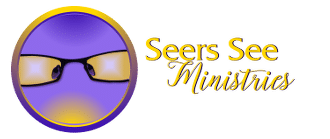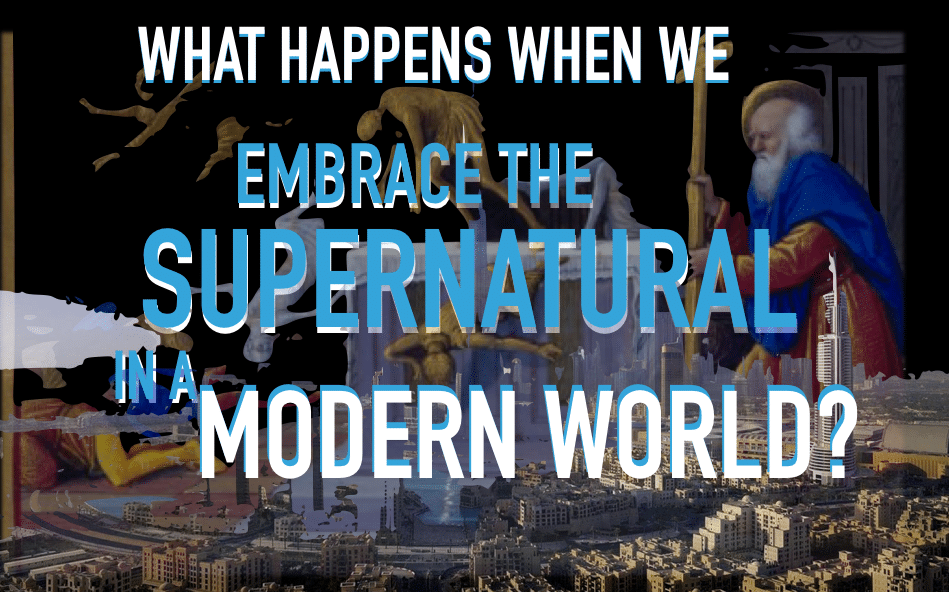Part 1 began here
Part 2: Cognitive Dissonance in Westerners Who See Spirits
Science as it is defined in the post-Enlightenment Era is not equipped to explain the supernatural. The natural and the supernatural are so closely intertwined, it may be impossible to try and apply Plato-inspired dualism of science versus faith to supernatural experiences, as with people who see demons and other things in the spirit realm.
I’ve been reading Foucault’s Pendulum by Uberto Ecco. This book is a fascinating exploration of the occult underworld in modern European society, viewed from Casaubon, who does not believe in the supernatural.
Casaubon is a historian and researcher working for a publishing company, compiling information for book on the history of metals, even as he helps the publishing company exploit the public’s fascination with the occult and conspiracies by launching a series of self-published books written by occultists (jokingly called by the publisher “The Diabolicals”). Both the studies on the history of metals and the onslaught of manuscripts on the occult have had a troubling effect on his mind:
It was becoming harder for me to keep apart the world of magic and what today we call the world of facts. Men I had studied in school as bearers in mathematical and physical enlightenment now turned up amid the murk of superstition, for I discovered they had worked with one foot in cabala and the other in the laboratory. Or was I rereading all history through the eyes of our Diabolicals? But then I would find texts above all suspicion, that told me how in the time of positivists physicists barely out of the university dabbled in séances and astrological cenacles and how Newton had arrived at the law of gravity because he believed in the existence of occult forces, which recalled his investigations into Rosicrucian cosmology.
I had always thought that doubt was a scientific duty, but now I came to distrust the very masters who had taught me to doubt.
…I don’t believe in it, yet I surrender to it. Yes, I caught myself marveling over the fact that the height of the Great Pyramid really was one-billionth of the distance between the earth and the sun, and that you really could draw striking parallels between Celtic and Amerind mythologies. And I began to question everything around me: the houses, the shop signs, the clouds in the sky and the engravings in the library, asking them to tell me not their superficial story, but another, deeper story, which they surely were hiding – and finally would reveal thanks to the principle of mystic resemblances.[ref] Uberto Eco, Foucault’s Pendulum, Translated from the Italian by William Weaver (New York: Harcourt, Inc., Harvest Books,1989), 348.[/ref]
Casaubon is experiencing cognitive dissonance. I went through a similar process as my wife and I accepted that our daughter actually could see spirits, and all the implications that came with that acceptance.
I began questioning everything.
If my society and even my Christian upbringing had lied to me about the ability that some people could see spirits and the diabolical nature of the spiritual forces arrayed against humanity, what else had they lied to me about?
I entertained seemingly every conspiracy theory on my journey to find a worldview that could make sense of it all. Maybe you also have found yourself in this journey as well.
The Christian Worldview
Maybe you are like Casaubon and like I was, and you are troubled by the invasion of the supernatural into your well-ordered naturalist thinking. Maybe you don’t yet believe in it, but you’re surrendering to it. If Newton, who set the scientific foundations of the West for centuries, could embrace the supernatural with no cognitive dissonance, why can’t you?
I know, trust me, I know… it’s hard. But this is one reason I find solace in grounding my knowledge and thinking in the intellectual world of Christianity.
The Christian worldview is inherently supernatural. It starts with the belief that a man, a very special man
who claimed to be God in the flesh,
who worked the miraculous in minds and hearts and life and limbs,
who was publicly executed for claiming to be God on earth
who came back to life as a human with an immortal body.
And he claimed to be the way to true life.
That’s pretty supernatural.
Jesus Christ presents us with what I call the Kingdom of God Mindset. When we apply this mindset, this interpretive filter for life, everything comes into focus. We can begin to understand why evil exists, why natural disasters happen, why there is suffering, we can begin to understand the scope of human history with its tragedies and transformative successes, we can begin to understand the whys and wherefores of our everyday life, all within a cognitive framework that is intellectually and spiritually satisfying, because it’s based on absolute truth. Jesus Christ remains the only key to unlock untold knowledge, true abundance, and dynamic peace.
Christians living in the West should not be afraid to explore the reality of the supernatural within the Kingdom of God Mindset, and this includes embracing our friends and family who can see spirits.
Sign up for my newsletter, as we’ll explore the Kingdom of God Mindset together. We can develop a way to think about the world in a satisfying and sensible way.



Leave a Reply